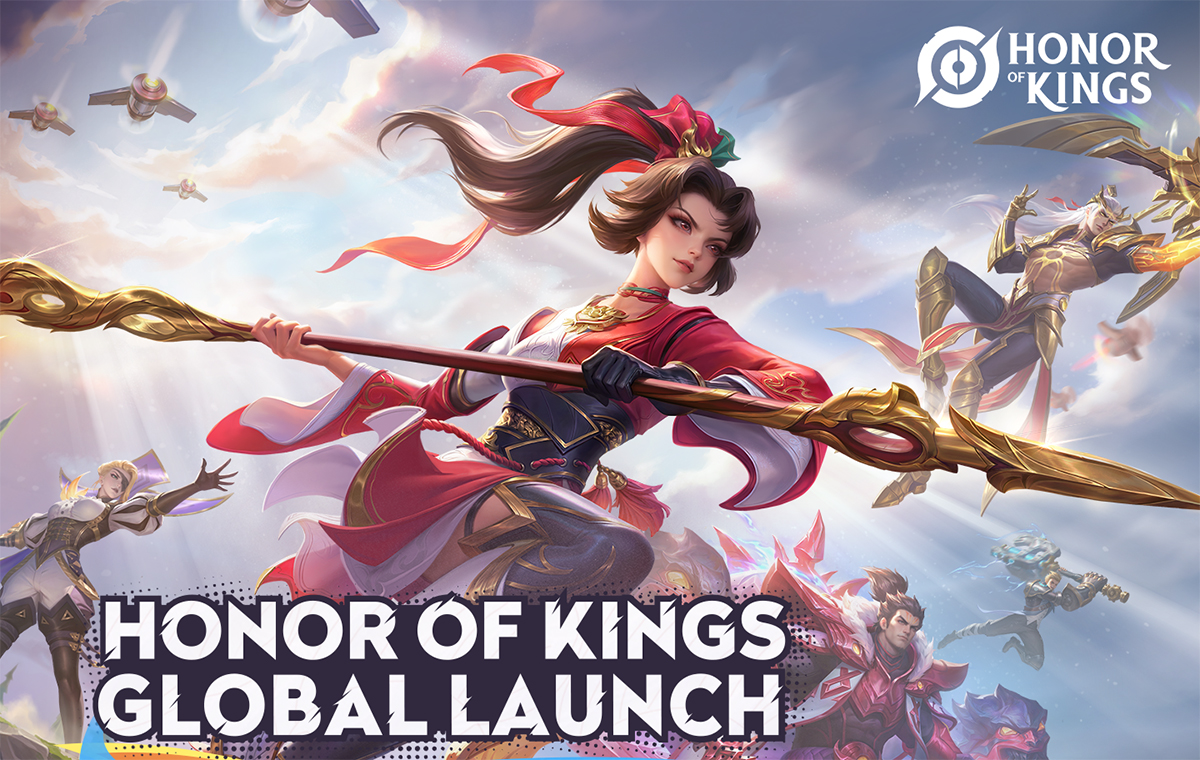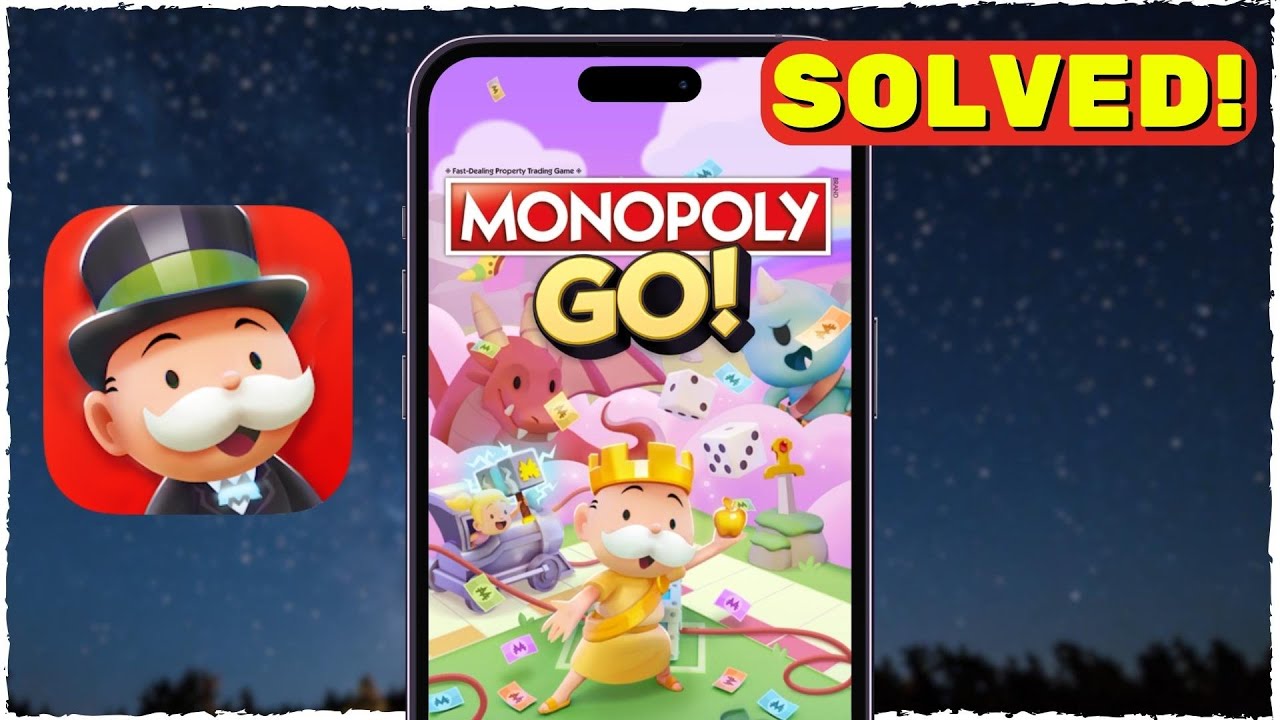Introduction
Honor of Kings, developed by Tencent’s subsidiary TiMi Studios, has become one of the most successful mobile games in history. Launched in 2015, the game took the mobile gaming world by storm, particularly in China, before expanding to other regions. Often compared to the likes of League of Legends due to its multiplayer online battle arena (MOBA) format, Honor of Kings is a cultural juggernaut. With over 100 million daily active users globally, it stands as a testament to the power of mobile gaming in shaping entertainment experiences in the 21st century.
This essay delves into the game’s design, its impact on both the gaming community and broader culture, and its commercial success. We’ll explore how Honor of Kings grew from a relatively small project into a global gaming sensation, while also considering the cultural, social, and economic factors that contributed to its widespread popularity.
Gameplay and Mechanics
At its core, Honor of Kings is a MOBA game where players control characters known as heroes and work with teammates to destroy the opposing team’s base. Each hero has unique abilities, and the game requires a combination of strategy, teamwork, and quick reflexes to win. Matches typically last between 15 and 30 minutes, making it a fast-paced experience ideal for mobile users.
Unlike traditional PC-based MOBAs like Dota 2 or League of Legends, which can demand over an hour of a player’s time, Honor of Kings’ mobile-first design optimizes for shorter sessions. The interface is clean, and controls are intuitive, using a joystick for movement and on-screen buttons for attacks and abilities. This simplicity has opened up the MOBA genre to a much broader audience, including casual gamers who might be intimidated by the complexity of traditional MOBAs.
One of the key features that distinguishes Honor of Kings from other games in the genre is its cast of heroes. The game features over 100 characters, many of whom are inspired by Chinese history, mythology, and folklore. Players can take control of figures like Guan Yu, a legendary general from the Three Kingdoms era, or Sun Wukong, the Monkey King from the famous novel Journey to the West. This deep connection to Chinese culture has made Honor of Kings particularly popular in China, where players feel a strong cultural affinity with the game’s content.
Cultural Impact and Localization
Honor of Kings is deeply rooted in Chinese culture, and this has been a major factor in its success. By featuring historical and mythological characters from Chinese tradition, the game resonates with Chinese players in a way that Western-developed games often do not. The game’s music, aesthetic, and lore draw heavily from Chinese culture, creating a sense of national pride and identity among players.
However, Tencent has also demonstrated a keen understanding of the importance of localization. When the game was released globally under the title Arena of Valor, the developers adapted the game to fit the tastes of international audiences. This included changing some of the heroes and their backstories to make them more appealing and recognizable to players outside China. Despite its global adaptation, the game retained its core mechanics and gameplay, ensuring that it remained accessible to a broad audience.
The game’s success in China is unparalleled, with Honor of Kings being the highest-grossing mobile game in the world for several years. It has been a consistent leader in the Chinese mobile market, which is the largest gaming market globally. Much of this success can be attributed to Tencent’s deep understanding of the Chinese gaming landscape, including the regulatory environment and the preferences of local players.
The Role of Tencent and Monetization Strategies
Tencent’s role in Honor of Kings’ success cannot be understated. As the world’s largest gaming company, Tencent leveraged its immense resources to market the game aggressively in China. The company has a history of dominating the Chinese market with successful franchises like League of Legends (in which it owns a stake) and PUBG Mobile, and Honor of Kings followed a similar path.
Tencent’s marketing strategy for Honor of Kings focused heavily on social media and streaming platforms, which are integral to the gaming culture in China. The game was promoted through partnerships with popular influencers and streamers, helping it to quickly gain a massive following. By making the game free-to-play and monetizing it through in-game purchases, such as cosmetic skins and battle passes, Tencent created a sustainable revenue model without alienating players who might be unwilling to pay for the game upfront.
The game’s monetization strategy has been particularly effective in generating revenue. While the core gameplay is free, players can purchase in-game items that allow for character customization and progression. Cosmetic skins are a major source of income, and Tencent frequently releases limited-time skins tied to events or partnerships with brands and celebrities. These skins not only enhance the visual appeal of the game but also serve as status symbols within the community, further encouraging players to spend money.
Additionally, Tencent has capitalized on the game’s massive player base by creating an extensive esports scene around Honor of Kings. The game’s professional league, the King Pro League (KPL), is one of the most-watched esports leagues in the world, with millions of viewers tuning in to watch top teams compete. This has further bolstered the game’s popularity and ensured that it remains at the forefront of the gaming world.
Esports and Competitive Gaming
Honor of Kings has also made a significant impact on the world of esports. The King Pro League, launched in 2016, has grown into a massive competitive scene with regular seasons, playoffs, and even international competitions. The KPL attracts top players and teams, and the viewership for these events rivals that of some of the biggest esports tournaments in the world.
The rise of Honor of Kings as an esport is particularly noteworthy because it demonstrates the increasing viability of mobile games in the competitive gaming world. Traditionally, esports have been dominated by PC games like League of Legends and Counter-Strike: Global Offensive, but Honor of Kings has proven that mobile games can also have a place in the competitive scene.
The game’s competitive ecosystem is well-structured, with clear progression paths for amateur players to become professionals. Tencent has also invested heavily in promoting the KPL through partnerships with streaming platforms and sponsors, ensuring that the league reaches as wide an audience as possible.
Moreover, Honor of Kings’ esports success has global implications. With mobile gaming becoming more prevalent in regions like Southeast Asia, Latin America, and India, the game has found a strong foothold outside of China as well. It is paving the way for mobile esports to become a significant part of the global gaming industry.
Social Integration and Community Building
Another aspect that sets Honor of Kings apart is its strong social integration. The game encourages players to form teams with friends, and its user-friendly interface makes it easy to communicate and strategize in real-time. Honor of Kings also features various social elements, such as leaderboards, rankings, and events that foster competition and camaraderie within the community.
The sense of community is further amplified by Tencent’s efforts to promote live streaming and content creation. Platforms like Douyu, Huya, and Bilibili have become major hubs for Honor of Kings content, with millions of fans watching live matches, tutorials, and commentary from top players. This has created a vibrant ecosystem where casual and competitive players alike can engage with the game beyond simply playing it.
In addition to the in-game community, Tencent has built partnerships with educational institutions and cultural organizations to promote Honor of Kings as a learning tool. Some schools in China have even incorporated the game into their curriculum as a way to teach students about Chinese history and culture. This blending of education and entertainment is a unique aspect of Honor of Kings that further cements its place in Chinese society.
Challenges and Controversies
Despite its immense popularity, Honor of Kings has not been without controversy. One of the most significant issues has been its impact on children and teenagers, many of whom spend hours each day playing the game. Concerns about gaming addiction have led to calls for greater regulation, and Tencent has responded by implementing measures such as limiting playtime for younger users and requiring real-name registration to prevent underage players from creating multiple accounts.
The game has also faced criticism for its monetization practices, particularly around the sale of cosmetic items. Some players have argued that the game promotes a “pay-to-win” model, where players who spend more money on in-game items have an advantage over those who do not. Tencent has made efforts to address these concerns by balancing the gameplay so that spending money does not provide a significant competitive advantage, but the issue remains a point of contention for some players.
Conclusion
Honor of Kings is not just a game; it is a cultural phenomenon that has reshaped the landscape of mobile gaming. With its roots in Chinese history and mythology, it resonates deeply with its domestic audience while also appealing to a global player base. Tencent’s strategic marketing, innovative gameplay, and commitment to building a strong esports scene have made the game a commercial powerhouse.
As mobile gaming continues to grow in popularity, Honor of Kings stands as a prime example of how a well-designed mobile game can become a global sensation. Its success has opened the door for more mobile-first competitive games, and its influence on the broader gaming industry will likely be felt for years to come.










